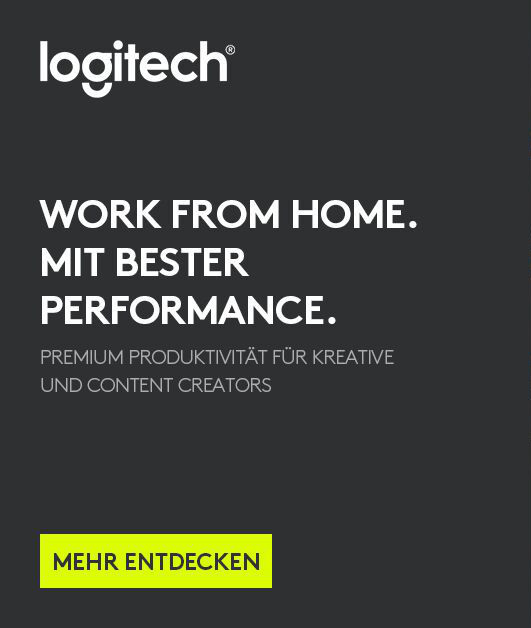Update for Zoom Virtual Agent
New or enhanced feature
Admin features
Unified reporting for Zoom Virtual Agent performance metrics
- Account owners and admins can access comprehensive performance metrics that combine data from both the legacy and updated versions of the virtual agent. The enhanced reporting system differentiates between deterministic agents (which follow predefined rules and flows) and generative agents (which use AI to generate dynamic responses based on user input). It provides detailed metrics on individual agent performance, engagement activity, and knowledge base usage. Users can also review query-level insights such as no-match scenarios, knowledge matches, and intent matches specific to each chat model. A consolidated history download option is available for transcripts, engagements, and individual queries, with customizable export fields. These unified reports make it easier to monitor and evaluate performance across various agent types and engagement channels.
Survey reports for Zoom Virtual Agent
- Account owners and admins can access comprehensive survey analytics for the new Zoom Virtual Agent (ZVA) within the Consumer Engagement Surveys reporting section for ZVA Chat agents. This feature was previously available only for chatbots. The reporting interface displays key metrics including survey launches, response rates, and completion rates across different agent types. Admins can filter surveys by agent name or survey name, drill down into individual survey responses, and view detailed question-answer pairs. The ability to analyze survey performance and user feedback helps teams optimize their virtual agent interactions and improve customer satisfaction measurements.
Introducing the Help tab in Zoom Virtual Agent
- Account owners and admins can access a centralized Help tab within the Zoom Virtual Agent admin interface to find product documentation, support materials, and best practices. The Help tab includes guided coach marks for new users, quick access to support articles, feature release updates, and instructional videos. Users can also connect with the Zoom Virtual Agent community to share best practices and create support tickets when needed. This consolidated information hub empowers admins to independently manage and optimize their virtual agents while improving their product knowledge.
Automatic content ingestion for Zendesk knowledge base
- Account owners and admins can leverage automatic content ingestion for Zendesk knowledge base articles with file attachments. Zoom Virtual Agent automatically extracts and indexes content from supported files such as PDF guides during article sync. To enable this, go to Zendesk knowledge base settings then Customization, and click the Convert article attachment to articles toggle. This enhancement improves response accuracy across different platforms, eliminating the need for manual uploads.
Enhancements to knowledge base article indexing and retrieval
- The knowledge base article indexing and retrieval experience has been improved to deliver more accurate and relevant responses from virtual agents for chatbots. These enhancements enable the system to better understand and process structured content, such as tables, ensuring users receive precise answers to detailed queries. Virtual agents now reflect article updates and user feedback more effectively, helping maintain the accuracy and freshness of responses over time. These improvements are especially impactful for knowledge bases that include structured or complex data, resulting in a more reliable and intuitive search experience for users.
Enhancements to Zoom Virtual Agent integrations page
- The integrations page has been reorganized for improved clarity and efficiency. Third-party integrations are now displayed in a clean block layout with logos, service names and status indicators. The updated interface includes search and filter tools, step-by-step guidance, and quick links to support, making it easier to find and configure integrations.
Enhancements to chat engagement window header
- Account owners and admins can select a new Full Header image option when configuring chat engagement window headers. This option allows header images to span the entire header space without additional padding, while navigation icons appear overlaid on top of the image. The header image scales proportionally on mobile devices to maintain visual consistency across different screen sizes. This enhancement helps create a more professional brand presence in web chat interactions.
Migration from Salesforce legacy chat to messaging for in-app and web
- Customers migrating from Salesforce Legacy Chat (Live Agent) to the new Messaging for In-App and Web platform gain access to enhanced messaging capabilities, including full support for both mobile and web channels through the Salesforce Lightning Experience. While introducing a modernized chat experience, the migration also preserves essential features to ensure a seamless transition. This upgrade guarantees uninterrupted customer support ahead of the retirement of Salesforce Legacy Chat on February 14, 2026. This feature must be enabled by Zoom.
SMS support in voice agent
- Zoom Virtual Agent (ZVA) and Zoom Contact Center (ZCC) customers can now use ZCC SMS capabilities directly within ZVA to enhance voice interactions. During a call, agents can send customizable SMS messages containing knowledge base articles, URLs, or survey links. The system supports dynamic URL variables and automatically splits longer messages for efficient delivery. This feature allows customers to receive detailed information that's hard to convey by voice alone to improve the support experience. To use this feature, customers must have a ZCC license, an active SMS plan, and an assigned phone number to leverage SMS as a tool inside ZVA. This feature must be enabled by Zoom.


